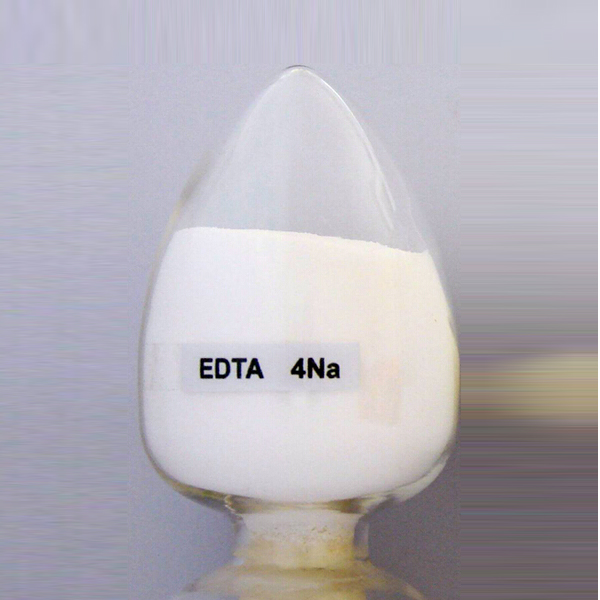
News
dec. . 26, 2024 13:07 Back to list
Custom Sodium Gluconate as a Versatile Chelating Agent for Various Applications
Custom Sodium Gluconate as a Chelating Agent Overview and Applications
Sodium gluconate, a sodium salt derived from gluconic acid, has garnered significant attention in various industries due to its unique properties as a chelating agent. It is characterized by its environmentally friendly profile, excellent solubility in water, and ability to form stable complexes with metal ions. This article explores the multifaceted roles of custom sodium gluconate as a chelating agent, examining its applications across different sectors and the advantages it offers.
Understanding Chelating Agents
Chelating agents are compounds that can bind to metal ions, forming stable complexes that prevent the metal from participating in unwanted reactions. This property is essential in various applications, from agriculture and detergent formulations to food processing and pharmaceuticals. Chelation can enhance product stability, improve efficacy, and reduce toxicity in certain scenarios.
The Structure and Properties of Sodium Gluconate
Sodium gluconate is a biodegradable chelating agent that does not pose the environmental risks associated with synthetic chelators. Its structure allows it to effectively bind metal ions such as calcium, magnesium, iron, and copper, making it a versatile agent in many formulations. The ability to form chelate complexes also helps stabilize these metal ions, making them more bioavailable in agricultural applications or less reactive in industrial formulations.
Applications in Agriculture
In agricultural practices, custom sodium gluconate is used extensively to enhance nutrient availability. It serves as a chelator for essential micronutrients in fertilizers, improving their absorption by plants. By binding to metal ions, sodium gluconate helps to solubilize nutrients like iron, which is crucial for chlorophyll formation and overall plant health. This increased bioavailability leads to better growth outcomes and higher crop yields, making it a popular choice among agronomists and farmers.
custom sodium gluconate as chelating agent

Use in Cleaning Products
The cleaning industry also benefits significantly from the incorporation of custom sodium gluconate. It acts as a powerful chelating agent that effectively sequesters hard water ions, reducing scale formation and enhancing the cleaning performance of detergents. This property not only improves the effectiveness of cleaning agents but also protects equipment and surfaces from damage caused by mineral deposits. Additionally, sodium gluconate is non-toxic and biodegradable, making it an environmentally friendly alternative to traditional phosphates and synthetic chelators.
Food Industry Applications
In the food industry, sodium gluconate is utilized as a food additive. Its ability to bind metal ions helps prevent oxidative spoilage, extending the shelf life of various products. Moreover, it is recognized for its role in regulating the metal content of processed foods, ensuring safety and compliance with health regulations. Sodium gluconate can also enhance the flavor profiles of certain foods, contributing to improved sensory qualities.
Pharmaceuticals and Cosmetics
Custom sodium gluconate finds applications in the pharmaceutical and cosmetic industries as well. Its chelating properties make it an effective ingredient in formulations that require controlled metal ion concentrations. In pharmaceuticals, it helps stabilize active ingredients by preventing metal-catalyzed degradation. In cosmetics, sodium gluconate serves as a skin conditioning agent, contributing to product texture and moisture retention.
Conclusion
The versatility and effectiveness of custom sodium gluconate as a chelating agent make it a valuable component across various industries. From agriculture and cleaning products to food processing and pharmaceuticals, its biodegradable and non-toxic nature positions it as a sustainable alternative to traditional chelating agents. As industries continue to seek environmentally friendly solutions, the demand for custom sodium gluconate is likely to grow, further emphasizing its importance in modern formulations. Its unique properties not only enhance product performance but also align with the global shift towards sustainability, making it a noteworthy compound in contemporary applications.
-
OEM Chelating Agent Preservative Supplier & Manufacturer High-Quality Customized Solutions
NewsJul.08,2025
-
OEM Potassium Chelating Agent Manufacturer - Custom Potassium Oxalate & Citrate Solutions
NewsJul.08,2025
-
OEM Pentasodium DTPA Chelating Agent Supplier & Manufacturer High Purity & Cost-Effective Solutions
NewsJul.08,2025
-
High-Efficiency Chelated Trace Elements Fertilizer Bulk Supplier & Manufacturer Quotes
NewsJul.07,2025
-
High Quality K Formation for a Chelating Agent – Reliable Manufacturer & Supplier
NewsJul.07,2025
-
Best Chelated Iron Supplement for Plants Reliable Chelated Iron Fertilizer Supplier & Price
NewsJul.06,2025
